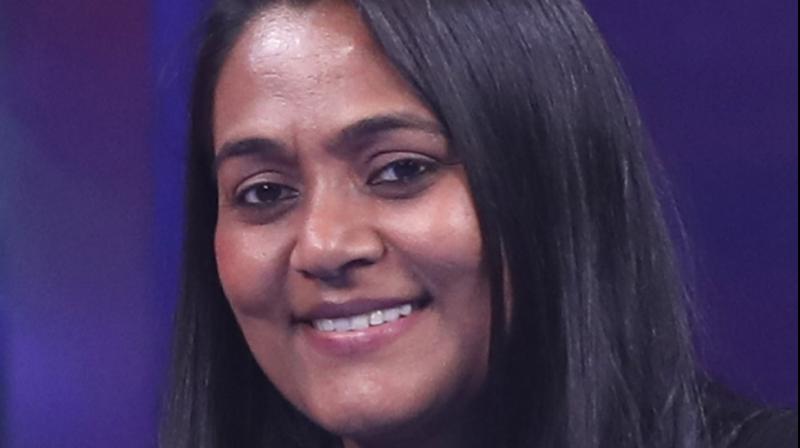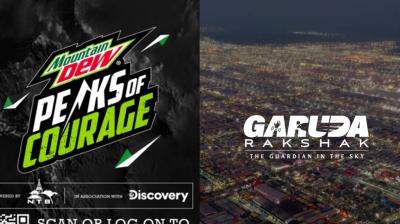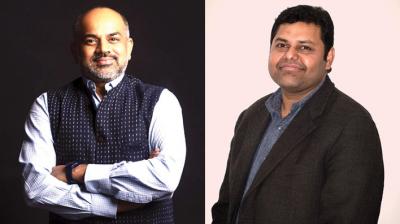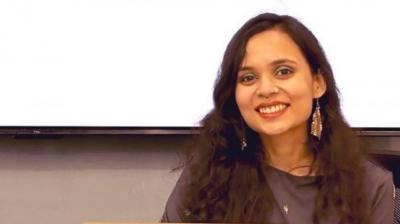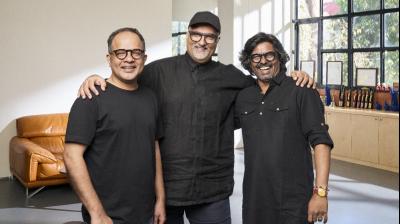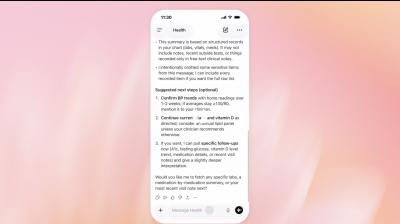The World Padel League (WPL) is gearing up for its third season with a 'sponsor line-up that reflects both its rising profile and its ambition to make padel a mainstream sport in India'.
Licensed and managed by Iconik Sports & Events, the league has secured Dubai-based Meteora Developers as its 'Title Sponsor’ and Maisour as the ‘Powered By’ sponsor.
Alongside them is a roster of brands across categories: EaseMyTrip, Bisleri, Qorum India, NOX, Crepdog Crew, Nanavati Max Super Speciality Hospital, Radio One, Bright Outdoor Media, and District by Zomato.
Supporting partners like Hudle, Dr Umed Cosmetics, XRT, and Enchant XP aim to add to the momentum.
This year’s edition, supported by the Indian Padel Federation, is set to run from 12–16 August at Mumbai’s NESCO Centre, bringing 36 global padel players to the city for 11 matches.
Manifest spoke with Hemali Sharma, co-founder, World Padel League, about building its identity, engaging younger audiences, creating immersive brand partnerships, and driving both the sport’s growth and commercial future.
Edited excerpts:
Padel is fast, social, and easy to follow. How does its format appeal to modern audiences, sponsors, and content platforms?
Padel naturally fits the pace and preferences of today’s audience. It’s quick, easy to understand, and visually energetic, which makes it instantly appealing to both casual viewers and sports fans. The doubles format with shorter rallies and dynamic movement means there’s always action on the court that keeps attention spans engaged. This makes padel ideal for content platforms looking to serve short-form, high-impact clips or stream full matches with constant energy.
For sponsors, the frequency of exciting moments provides multiple branding opportunities during each match. Add to that, padel’s social vibe that allows brands to connect more authentically through community activations and on-ground engagement.
From a marketing perspective, what are you doing differently to connect with a younger, digital-first audience?
Younger audiences aren’t just watching sports; they’re looking for experiences. That’s why we’ve positioned WPL as more than a competition. It’s a celebration of sport, lifestyle and communities - a format built to engage on and off the court. We focus heavily on storytelling: behind-the-scenes content, player-led moments, and digital-first campaigns that meet audiences where they already are, i.e. social media. Our strategy leans into formats they engage with, like reels, live takeovers, and quick insights. We want them to feel like they’re not just watching WPL, but are part of it. The energy, the vibe, the access, it all plays a role in keeping them hooked.
As WPL grows, what are the key challenges in securing sponsorships in a crowded sports landscape?
One of the biggest challenges is competing for brand attention. In a market filled with established leagues, it’s not just about pitching WPL; it’s also about introducing padel itself. That adds an extra layer to every brand conversation. But we see it as a unique opportunity. Our story is still being written, and that allows brands to shape it with us. When they see the audience response, the digital engagement, and the cultural energy we’re building, it shifts from a pitch to a partnership. We’re not just seeking support; we’re inviting them to be part of something fresh and fast-growing.
Many brands view niche leagues as still emerging. How are you changing that perception and building a strong case for sponsorship?
Yes, padel is still new in India, but there’s digital traction, growing interest, and increasing participation across cities. What truly resonates with brands, though, is the chance to get in early and build something meaningful. We don’t offer cookie-cutter inventory. Instead, we build partnerships that align with brand values and lifestyle cues. Over time, this has helped shift perception that this is an emerging space that’s culturally relevant and commercially valuable.
What makes WPL different for advertisers who want more than logo placements?
Visibility is just the starting point. What we focus on is brand experience. From curated matchday activations and branded content series to product integrations, we create ways for brands to live inside the WPL world. It’s about creating moments people remember and connect with. Owing to our audience demographic (young, urban and lifestyle-driven), these brands are not looking for passive advertising. If you look closely, for any emerging sport, brands have increasingly started being a part of the movement, not just the backdrop.
How is WPL approaching monetisation across ticketing, merchandise, sponsorship, and broadcast?
Like any growing league, sponsorship forms a major part of our monetisation strategy right now. But we're also investing in ticketing and broadcast partnerships to diversify that mix. We’ve not tapped the merchandising market natively, but through our partners. Each season, we’ve seen more interest from both fans and partners, and our global broadcast footprint is expanding across key regions.
Are there infrastructure challenges with padel courts in metro cities? How is WPL helping at the grassroots level?
Space is a challenge in metro cities, but that’s where padel has an advantage. It needs less space than most sports and is flexible enough to be set up indoors, on rooftops or in underutilised urban areas.
We haven’t formally entered the grassroots space yet, but we understand its importance. Right now, our focus is on building top-level visibility and momentum as we simultaneously understand the market deeper and work towards supporting wider access and participation in the future.
As WPL expands, how will you evolve sponsorships into more experiential or lifestyle-led partnerships?
I strongly feel that WPL can be that space where sports, community and lifestyle come together. That means creating partnerships that move beyond traditional advertising and tap into wellness, nutrition, experiences and culture. In the upcoming editions, we look forward to curating matchday zones, organic branded content and social-first experiences. As padel gains traction and WPL grows further, these partnerships will evolve into year-round touchpoints that live far beyond match day moments.


